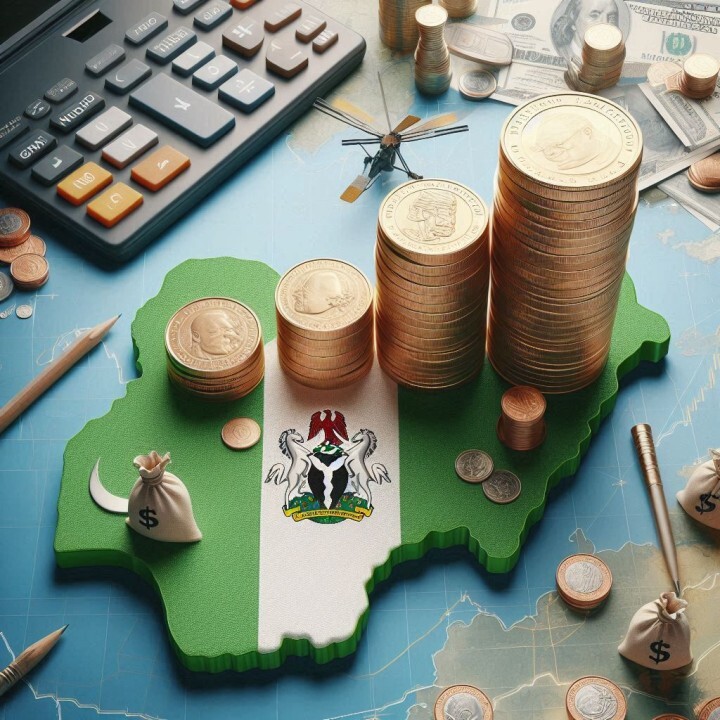Nigeria’s foreign investments, also known as capital importation, have seen a significant boost in the second quarter of 2024, rising by 152.81 percent to $2.604 billion compared to the same period last year.
Persecondnews reports that, however, this figure represents a 22.85 percent decline from the $3.376 billion recorded in the first quarter of 2024.
The National Bureau of Statistics’ latest Capital Importation Data reveals that portfolio investments took the top spot, accounting for 53.93 percent with $1.404 billion, followed by other investments at 44.92 percent with $1.169 billion.
Foreign direct investment, on the other hand, recorded the lowest share at 1.15% with $29.83 million.
In terms of sectoral analysis, the banking sector received the highest inflow of $1.123 billion, representing 43.15 percent of total capital imported.
The production/manufacturing sector came in second with $624.71 million (23.99 percent), while the trading sector secured $569.22 million (21.86 percent).
The United Kingdom emerged as the largest source of capital importation, accounting for 43.01 percent, with $1.120 billion.
The Netherlands followed with 22.19% ($577.82 million), and the Republic of South Africa with 9.83 percent ($255.98 million).
Lagos State remained the top destination for capital importation, accounting for 52.52 percent with $1.367 billion.
Abuja (FCT) trailed behind with 47.48 percent ($1.236 billion), while Ekiti State recorded a minimal $0.0003 million.
Citibank Nigeria Limited received the highest capital importation with $818.46 million (31.43 percent), followed by Standard Chartered Bank Nigeria Limited with $654.79 million (25.14 percent), and Rand Merchant Bank Plc with $488.59 million (18.76 percent).
This surge in foreign investments comes on the heels of President Bola Ahmed Tinubu’s announcement that Nigeria attracted $30 billion in foreign direct investment in 2023.























Leave a comment